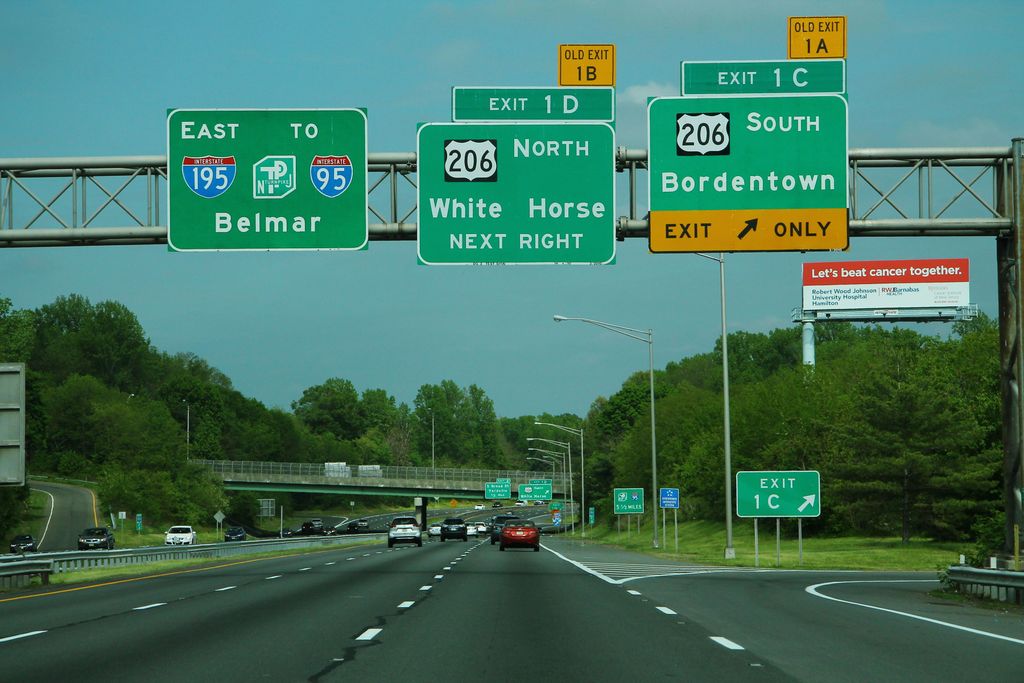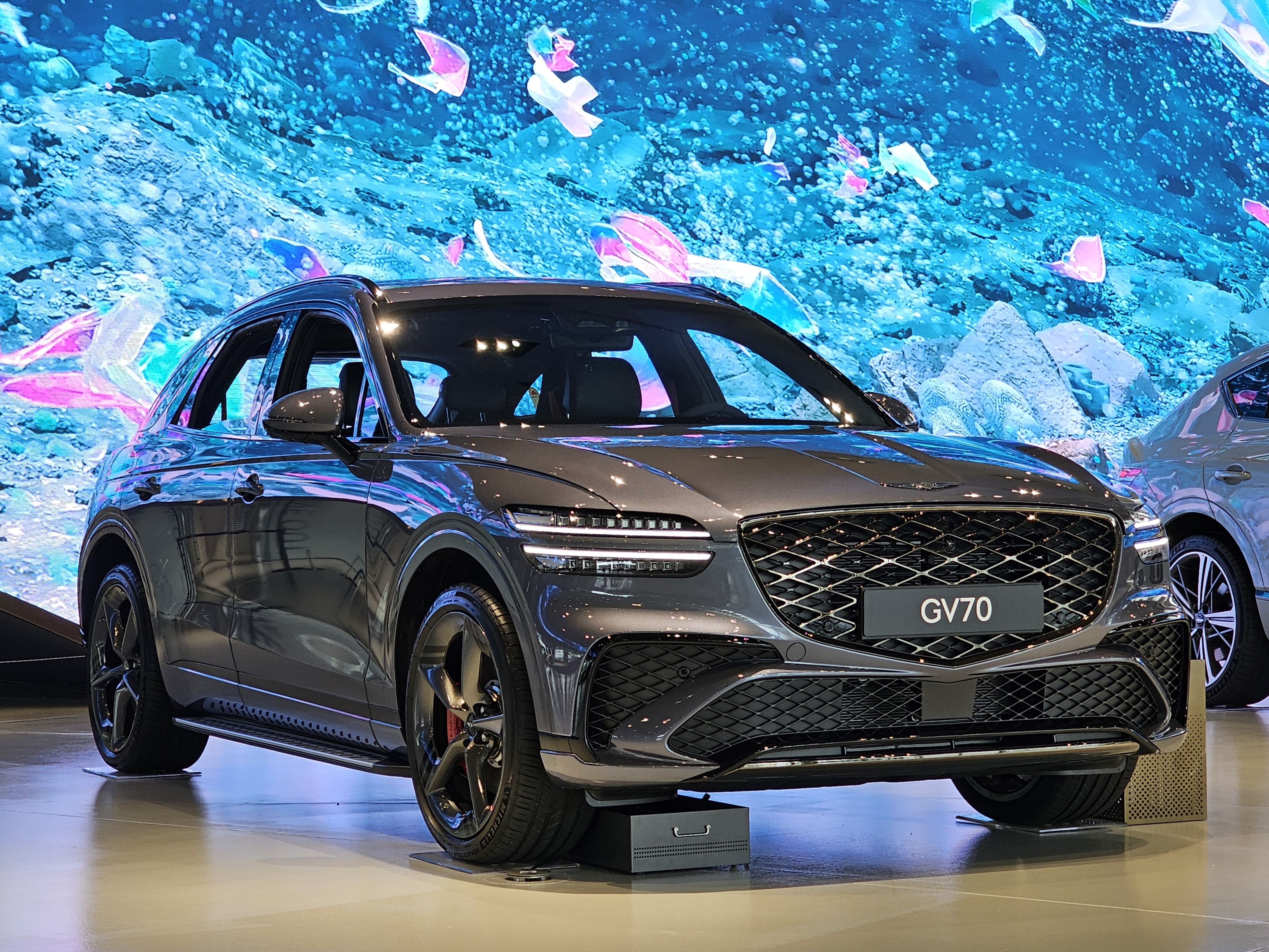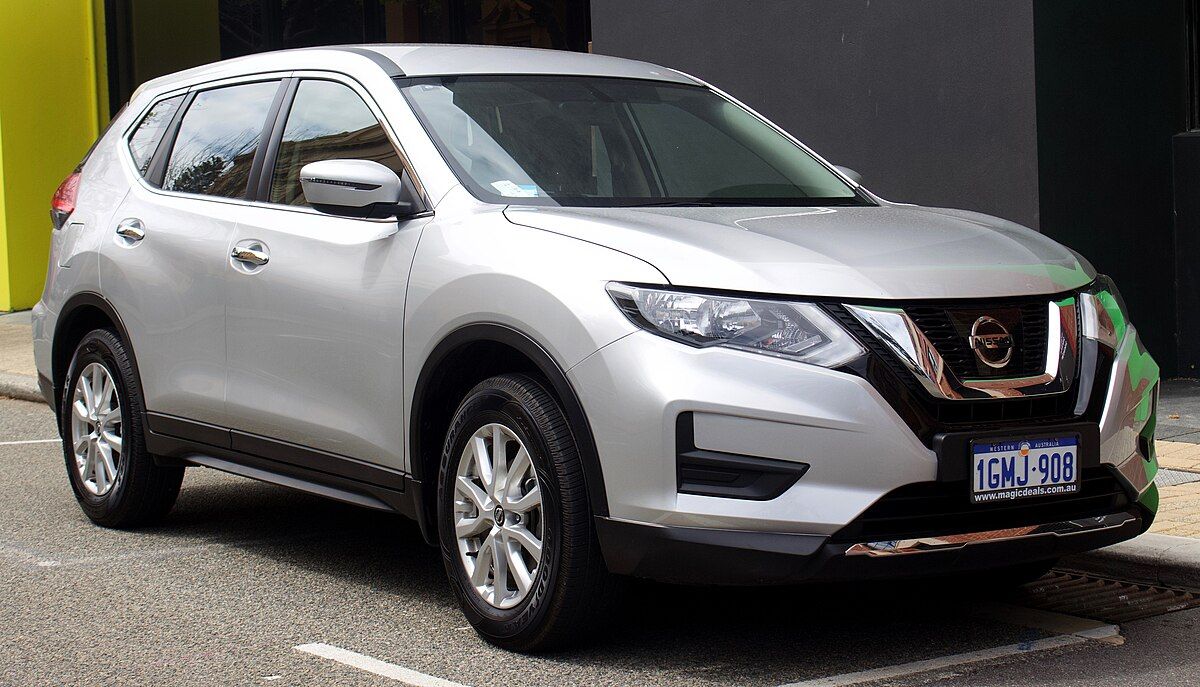
For many, the allure of classic car collecting extends far beyond the gleam of polished chrome or the roar of a vintage engine. It’s a profound passion, a celebration of automotive history and craftsmanship that offers a tangible connection to a bygone era. From the iconic lines of a 1968 Dodge Charger to the timeless elegance of a 1970 Chevrolet Corvette, these vehicles are more than just modes of transportation; they are appreciating assets, pieces of cultural heritage, and cherished investments that demand careful consideration, especially regarding the financial implications of ownership.
However, the joy of collecting can often be overshadowed by the practicalities of taxes and registration fees. The global classic car market, valued between $30 to $50 billion, boasts over 5 million registered collectible vehicles in the U.S., many of which face steep state taxes and complex DMV processes. Consider the stark difference: a $250,000 car in California incurs $25,625 in sales tax, while a $100,000 car in New York costs $8,880. These figures underscore the critical need for collectors to understand state-specific regulations and identify strategies to mitigate these substantial costs.
This in-depth guide is crafted to empower classic car enthusiasts with the knowledge to make informed decisions about where to register their prized possessions. We’ll delve into the states that offer the most advantageous tax laws and registration processes, helping you reduce the financial strain, navigate bureaucratic hurdles, and ultimately, preserve your investment while focusing on the pure passion of classic car ownership. Let’s explore how strategic state selection can save you thousands and enhance your classic car lifestyle.

1. Montana: The Ultimate Tax Haven for Collectors
Montana stands out as an unparalleled choice for classic car collectors primarily because it is one of only five states in the nation with absolutely no sales tax. This zero-tax policy represents a significant financial advantage, especially when acquiring high-value classic vehicles. Imagine the savings: a $100,000 car that would typically incur $10,250 in sales tax in California, $8,880 in New York, or $7,000 in Florida, costs absolutely nothing in sales tax when registered in Montana.
Beyond the monumental sales tax elimination, Montana offers further benefits that streamline ownership. Unlike states such as California or Illinois, Montana requires no emissions tests or safety inspections for vehicles. This is a crucial detail for classic car owners, as modified or older vehicles often struggle to meet modern compliance standards, saving collectors both time and potentially extensive repair costs. This makes the process incredibly straightforward and less burdensome.
One of the most appealing features Montana provides for classic car owners is the option for permanent plates. Vehicles 11 years or older, which encompasses the vast majority of classic cars, qualify for these non-expiring plates under Montana Code Annotated 61-3-562. This eliminates the hassle and expense of annual renewal fees, contributing to significant long-term savings. For a collector with a $500,000 collection, the tax savings alone could total $51,250 compared to California, with zero tax burden in Montana.
The strategic use of a Montana LLC allows collectors to register their vehicles under a legal entity rather than in their personal name, effectively bypassing high-tax state requirements. This approach legally positions the LLC as the vehicle owner, with the collector as an authorized operator, much like a company car. This robust framework, combined with zero taxes and simplified registration, firmly establishes Montana as a premier destination for serious classic car enthusiasts seeking to maximize their investment and minimize their tax liabilities.

2. Alaska: A Northern Gem for Sales Tax-Free Purchases
Alaska, like Montana, is celebrated as one of the few states that does not impose a statewide sales tax. This immediately positions it as an attractive option for classic car collectors looking to avoid a substantial upfront cost when purchasing new additions to their collections. For vehicles that often command high prices, the absence of sales tax can translate into thousands, if not tens of thousands, of dollars in immediate savings, directly enhancing the affordability of acquiring desirable classic automobiles.
This direct financial benefit provides a clear advantage for collectors, allowing them to allocate more of their budget towards the vehicle itself, restoration, or maintenance, rather than seeing a significant portion vanish into state coffers. It simplifies the purchasing process from a tax perspective, eliminating one of the most significant financial hurdles faced by enthusiasts in most other states across the country. The straightforward nature of no sales tax means immediate transparency and predictability in the total cost of ownership.
While Alaska’s remote location might not foster the same extensive classic car show scene as some warmer states, its fundamental tax structure offers undeniable economic benefits. For collectors prioritizing financial efficiency and seeking to minimize the tax burden on their acquisitions, Alaska presents a compelling case. It’s a state where the joy of buying a classic car isn’t immediately followed by the sting of a hefty sales tax bill, allowing the focus to remain squarely on the automotive heritage you’re preserving.
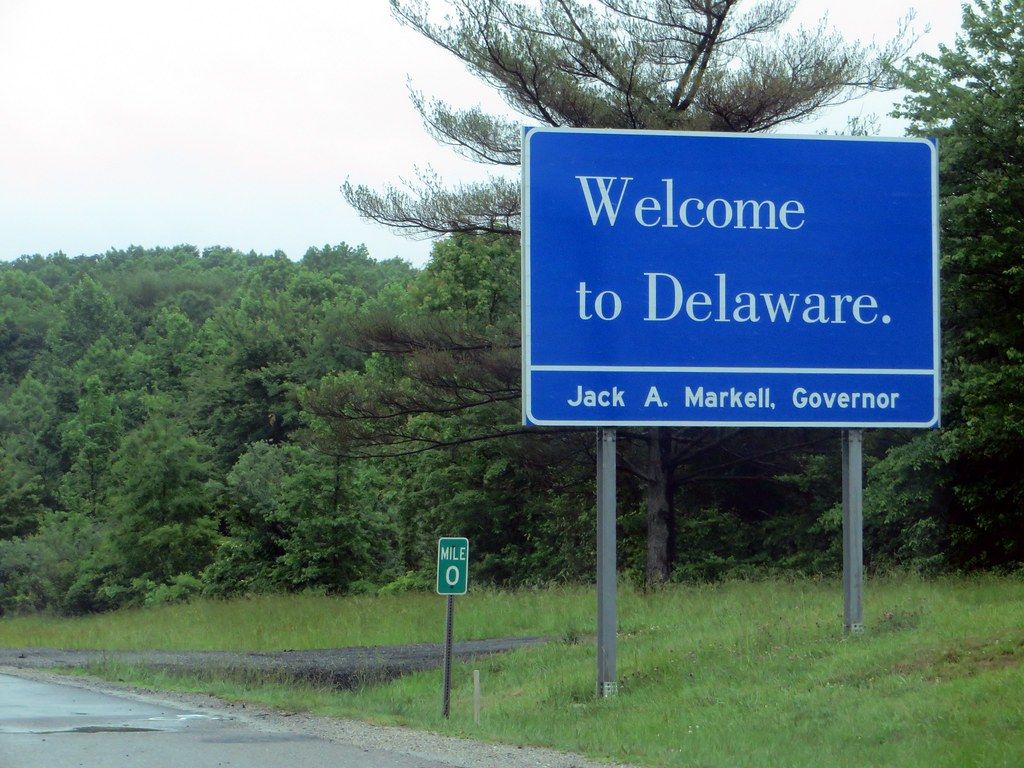
3. Delaware: Sales Tax Freedom with a Caveat
Delaware also proudly stands among the handful of states that levy no statewide sales tax, making it an appealing location for classic car collectors focused on reducing purchase costs. Similar to Alaska and Montana, this absence of sales tax provides a direct and substantial financial benefit, ensuring that the full value of your investment goes directly into the vehicle itself. This can significantly reduce the barrier to entry for acquiring highly coveted classic cars or allow for larger, more diverse collections.
The immediate savings on sales tax for any classic car purchase is a powerful incentive, providing a clear financial advantage over high-tax states. For collectors who frequently buy and sell, or those with ambitious acquisition plans, Delaware’s tax structure can lead to cumulative savings that significantly impact the overall cost-effectiveness of their hobby. It means more capital retained for vehicle improvements, storage, or other collecting endeavors.
However, it’s important for collectors to be aware of a specific nuance when considering Delaware. While the state offers the significant perk of no sales tax, the context notes that it “requires inspections for some vehicles, unlike Montana’s inspection-free process.” This detail is crucial for practical planning, as depending on the type or condition of your classic car, you might still need to navigate certain inspection requirements. Despite this, the core benefit of zero sales tax firmly places Delaware on the list of top states for fiscally-minded classic car owners.

4. New Hampshire: Another Sales Tax-Free Option for Collectors
New Hampshire joins the exclusive club of states that do not impose a sales tax, presenting yet another excellent opportunity for classic car collectors to minimize their financial outlay during vehicle acquisition. This significant tax advantage ensures that when you purchase a classic car in or register one in New Hampshire, you are not burdened by an additional percentage of its value added as state sales tax. This can result in considerable savings, especially on higher-priced collectible vehicles.
The financial benefit of no sales tax in New Hampshire is straightforward and impactful. It directly reduces the overall cost of bringing a new classic car into your collection, freeing up funds that can instead be invested in the vehicle’s maintenance, restoration, or secure storage. This empowers collectors to make more financially sound decisions, knowing that a significant tax burden won’t immediately erode a portion of their investment.
For collectors prioritizing immediate cost savings and a simplified purchasing process from a tax perspective, New Hampshire is a strong contender. Its status as a sales tax-free state makes it a fiscally attractive location for classic car enthusiasts who are dedicated to preserving automotive history without facing the often-prohibitive sales tax rates found in many other parts of the country. This clarity in taxation helps collectors plan their finances with greater certainty and confidence.

5. Oregon: Sales Tax-Free, with a Residency Requirement
Oregon is another state that offers the compelling advantage of no statewide sales tax, making it an attractive prospect for classic car collectors who are residents. The absence of sales tax on vehicle purchases directly translates into substantial savings, particularly for high-value classic cars. This allows enthusiasts to invest more directly into their passion, whether it’s acquiring a rare model or funding a meticulous restoration project, without the immediate hit of state sales taxation.
However, a critical distinction for Oregon, as highlighted in the context, is its residency requirement: “Oregon has no sales tax but mandates in-state residency for registration, limiting its use for out-of-state collectors.” This means that while the sales tax benefit is considerable, it is primarily accessible to those who actually live in Oregon and register their vehicles within the state. For existing out-of-state collectors, this mandate curtails the ability to leverage Oregon’s tax-free status through methods like LLC registration used in states like Montana.
Despite this residency stipulation, for classic car enthusiasts who call Oregon home, the state provides a powerful financial incentive. It ensures that their journey into classic car ownership is not burdened by the additional percentage of sales tax, allowing for more efficient financial planning and greater overall affordability. This makes Oregon a strong choice for in-state collectors seeking to maximize their investment by avoiding sales tax.

6. Arizona: Low Registration Fees and a Dry Climate
Transitioning from states offering zero sales tax, Arizona presents a compelling case for classic car collectors through its remarkably low registration fees and an exceptionally favorable climate for vehicle preservation. For classic car registration, Arizona imposes a modest “$25 application fee” and a minimal “$10 annual renewal.” These fees are among the lowest nationwide, significantly reducing the ongoing financial burden of keeping your cherished vehicles road-legal and registered year after year, which is a key consideration for budget-conscious collectors.
Beyond the appealing fee structure, Arizona’s arid desert climate provides an invaluable natural advantage: it actively helps protect classic cars from the detrimental effects of rust and corrosion. Unlike humid or wet environments, the dry air minimizes moisture-related damage to both the exterior and mechanical components of vintage vehicles, thereby preserving their longevity and reducing the need for costly rust-related repairs. This natural preservation factor complements the low operational costs, making it an ideal place for long-term ownership and storage.
The state also offers reduced fees for historic vehicles, further underscoring its commitment to supporting classic car enthusiasts. While sales taxes still apply, the combined benefits of low registration fees and a rust-deterring climate make Arizona an excellent choice. This is further enriched by a vibrant classic car scene, including world-renowned events like the Barrett-Jackson Collector Car Auction in Scottsdale, providing ample opportunities for showing off and connecting with a passionate community.
However, collectors should be mindful of Arizona’s extreme summer heat, which can pose challenges for older vehicles, especially those without modern cooling systems. Proper maintenance and shaded or climate-controlled storage solutions are essential to mitigate the impact of high temperatures. Nevertheless, Arizona’s overall package of financial savings, natural preservation, and a thriving car culture makes it a top-tier state for classic car owners seeking both economic efficiency and an active enthusiast lifestyle.
Continuing our exploration into the most advantageous states for classic car enthusiasts, we delve into additional locations that offer compelling benefits through their lenient tax and registration policies, comparatively lower sales tax rates, or specific historical vehicle fee reductions. These states, while perhaps not offering the complete tax exemption of a Montana, nonetheless present significant opportunities for collectors to optimize their financial outlays and enhance their enjoyment of automotive history. By understanding these nuances, you can make informed decisions that safeguard your investment and simplify your classic car lifestyle.
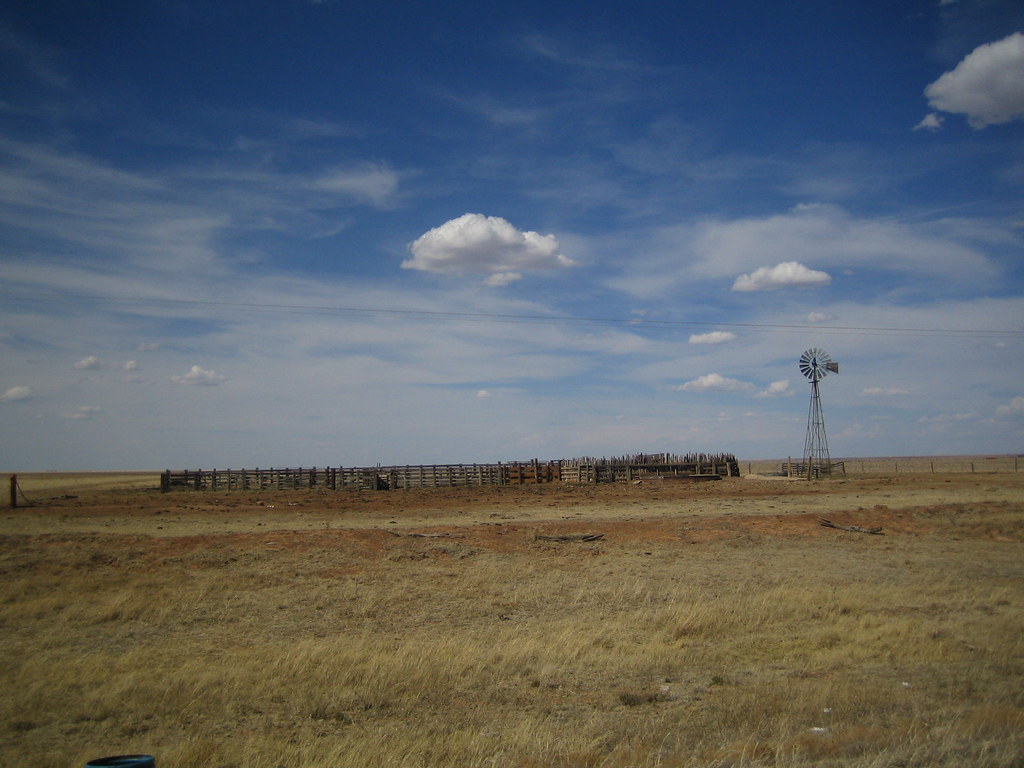
7. Texas: Expansive Roads and Reasonable Registration
Texas offers an expansive, car-friendly environment with wide-open roads ideal for long, scenic drives, making it a desirable state for classic car owners. The state boasts a vibrant car enthusiast scene, with cities like Austin and Houston hosting frequent car shows, swap meets, and auctions. This active community provides ample opportunities for enthusiasts to connect and showcase their cherished vehicles.
For collectors, Texas provides remarkably reasonable registration fees. Classic car registration costs just $50 for vehicles manufactured in 1921 or later, and an even more economical $40 for cars produced before 1921. An additional $40 fee can be added for custom plates. These fees are notably lower than standard registration costs in many other states, significantly reducing the ongoing financial burden of ownership.
Texas also benefits from relatively lenient laws concerning vehicle modifications, which makes it a haven for custom car builders and restorers. However, the state’s 25-year rule for classic status mandates safety inspections unless a specific exemption applies, a detail collectors should be aware of. The main challenge comes from intense summer heat, which can strain older engines, necessitating proper ventilation systems and diligent maintenance.
Despite the heat, Texas’s year-round good weather allows classic cars to be on the road more often. The state’s diverse landscape offers beautiful settings for drives, and the active car culture, exemplified by events like the annual Rock & Roll Nostalgia Car Show and Cruise in Lubbock, enhances the classic car ownership experience, allowing enthusiasts to fully immerse themselves in their passion.
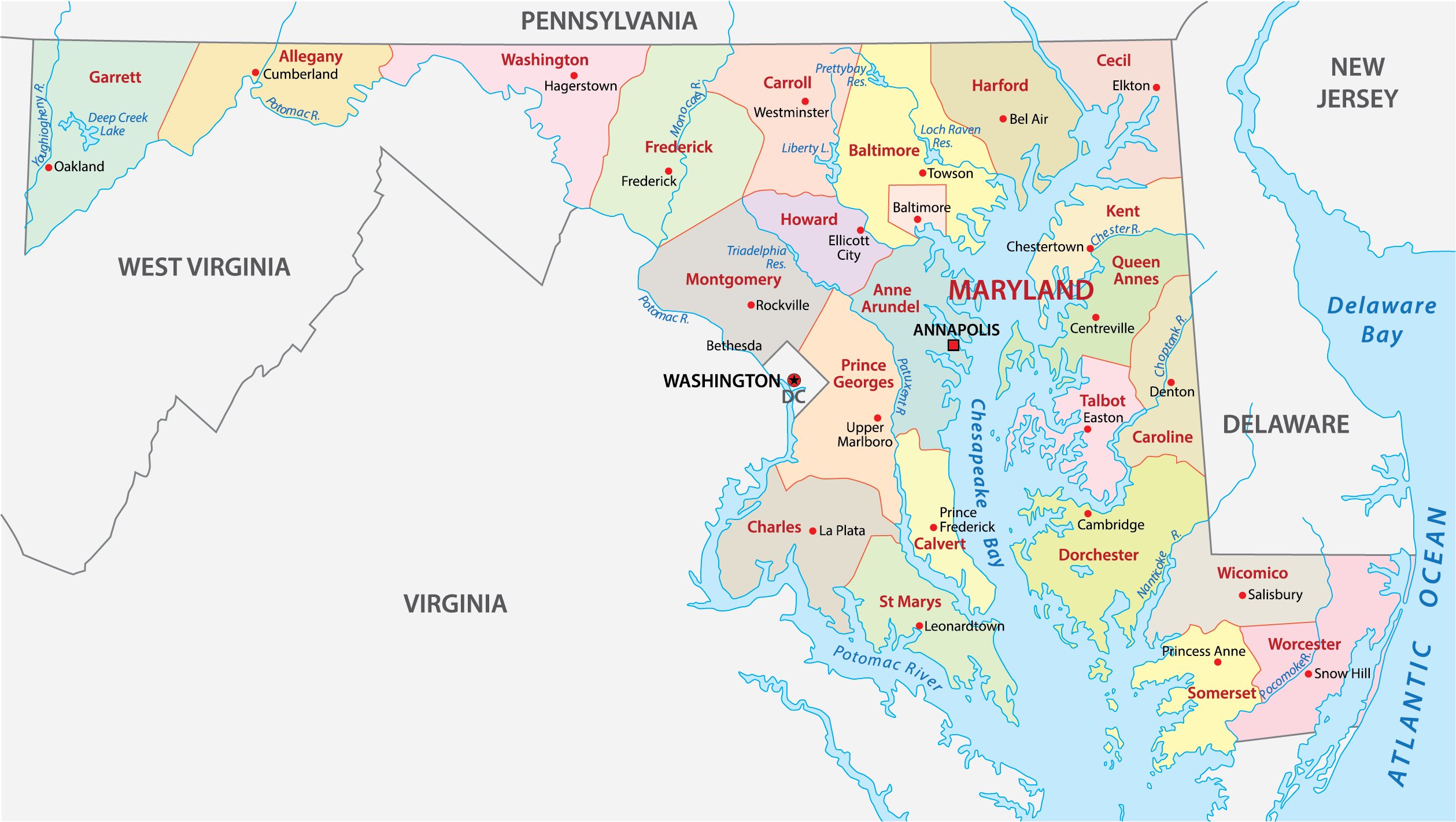
8. Maryland: Historic Plates and Coastal Charms
Maryland offers classic car enthusiasts the unique charm of historic plates and an active car scene, particularly around its coastal areas. The state’s appeal for collectors lies in its favorable registration structure for older vehicles, making it an attractive destination for those seeking to reduce long-term ownership costs and simplify the administrative process.
For truly vintage vehicles, Maryland provides a significant financial incentive: a one-time registration fee of just $25 for cars 60 years or older. For newer classic cars, registration is $51 every two years. These are some of the most competitive rates available, particularly for cars in the 60+ year category, offering substantial savings compared to annual renewal fees in many other states.
With 18 classic car clubs, Maryland boasts a robust classic car culture, providing numerous opportunities for enthusiasts to engage. Events like those in Ocean City combine classic cars with a classic beach town atmosphere, offering an unbeatable experience for showcasing and enjoying cherished vehicles, fostering a strong sense of community among collectors.
While Maryland’s average temperature of 54°F suggests varied weather conditions, the state offers enough good days for cruising, especially in milder seasons. Collectors should factor in potential seasonal storage needs, but the remarkably low registration costs for historic vehicles provide a strong economic benefit, allowing more funds to be allocated toward vehicle maintenance, restoration, and enjoyment.
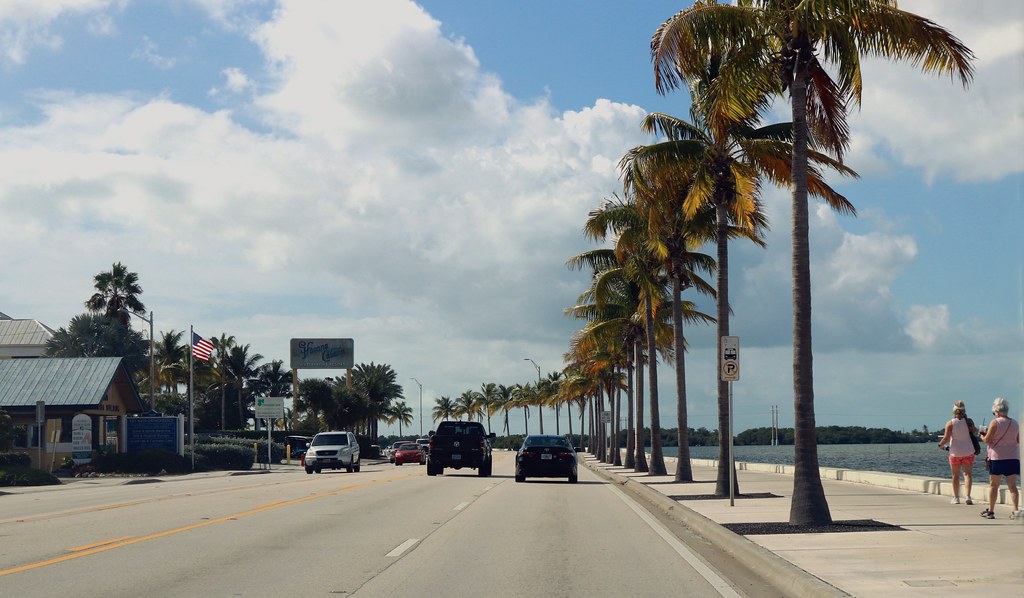
9. Florida: Lenient Laws and a Vibrant Scene
Florida stands out as an attractive state for classic car enthusiasts, largely due to its robust car culture, warm weather, and a plethora of car shows. The state is renowned for hosting major events such as the Amelia Island Concours d’Elegance and the Daytona Turkey Run, which draw collectors from across the globe and celebrate automotive heritage.
The context highlights that “Florida has lenient laws regarding the registration and taxation of classic cars,” making it easier for owners to keep their vehicles road-legal. While the state does have a 7% sales tax on vehicle purchases, this general leniency in overall registration policies for classic vehicles can still translate into a more straightforward and less burdensome process than in states with more stringent regulations.
Florida’s flat terrain and scenic coastal drives are perfectly suited for showcasing classic cars. However, collectors must contend with the state’s high humidity and the risk of hurricanes, which pose significant challenges for vehicle preservation. Rust and moisture damage are major concerns, often necessitating investment in climate-controlled garages and diligent maintenance to protect vintage automobiles from environmental wear.
Despite climate challenges, Florida’s vibrant network of car clubs, events, and resources creates a supportive community that makes it a favorite for classic car owners. The ease of navigating classic car-specific regulations, combined with a passionate local scene and a 30-year threshold for classic status, empowers collectors to focus on their hobby, showcasing their vehicles and connecting with fellow enthusiasts.
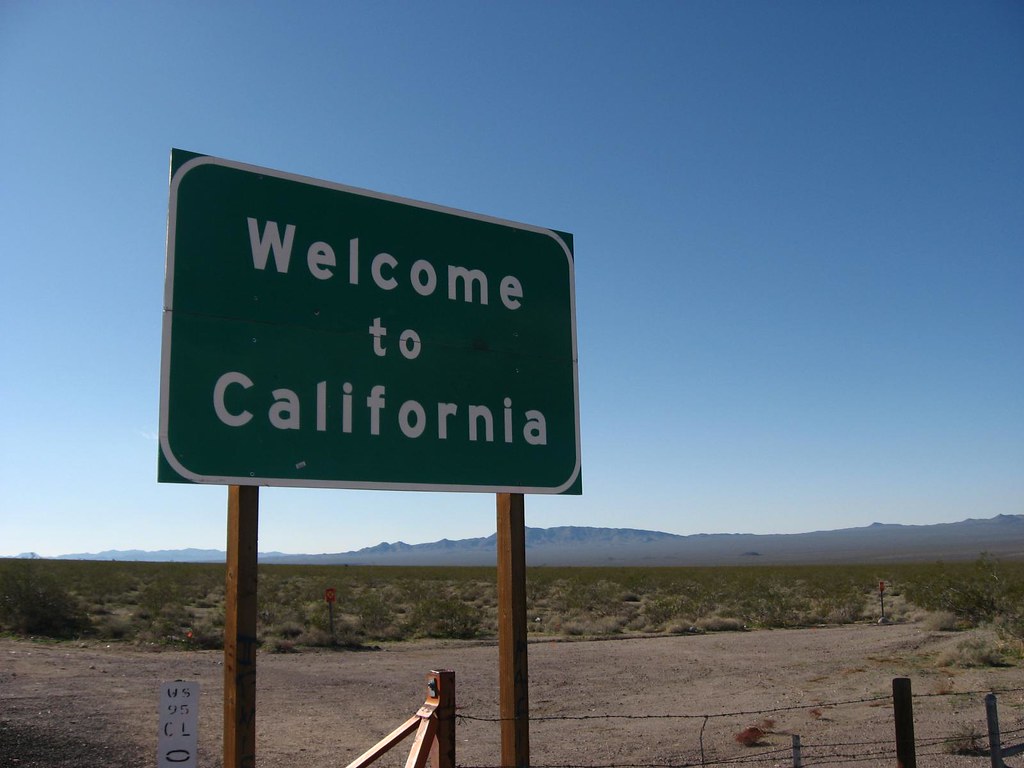
10. Nevada: Dry Climate and Minimal Registration Hurdles
Nevada offers a compelling environment for classic car owners, primarily benefiting from its dry desert climate, which naturally mitigates the risk of rust and corrosion. This arid environment is invaluable for preserving the integrity of vintage vehicles, significantly reducing common maintenance issues associated with humidity and prolonged exposure to moisture.
A key advantage for collectors in Nevada is its “minimal regulations for registering and insuring classic cars.” While specific fee amounts are not detailed, this general statement implies a streamlined and less financially burdensome process compared to states with more complex or costly bureaucratic requirements. Such minimal hurdles are a significant draw for enthusiasts prioritizing ease of ownership and administrative simplicity.
Despite the dry air, Nevada’s intense summer heat is a considerable factor, with temperatures frequently soaring above 110°F. This extreme heat can be particularly tough on older vehicles, potentially damaging engines and interiors. Proper storage in shaded or climate-controlled garages is essential to protect these valuable assets from heat-related wear and tear.
Nevada hosts renowned events such as the Las Vegas Auto Show and Hot August Nights in Reno, attracting car enthusiasts globally. The state’s vast expanses of open roads and scenic drives, including routes near Lake Tahoe and through the Mojave Desert, provide an ideal backdrop for enjoying classic cars. These combined factors make Nevada an attractive option for collectors who value both vehicle preservation and a vibrant car culture.

11. Georgia: Antique Plates and Growing Car Scene
Georgia presents an appealing landscape for classic car collectors, offering a mild climate and a growing car scene that provides numerous opportunities for engagement and community interaction. The state’s supportive environment for classic car ownership is further enhanced by specific provisions for antique vehicle registration, acknowledging the unique status of these vehicles.
For vehicles over 25 years old, Georgia allows for custom or antique plates. While the state does impose a 7% sales tax on car purchases (a Georgia collector with a $120,000 car saves $8,400 in taxes by registering in Montana), the availability of special plates suggests potential reductions in annual registration fees or other benefits associated with historical vehicle designation. These provisions aim to ease the financial burden for owners committed to preserving automotive heritage.
Georgia’s DMV processes can be complex, particularly for older vehicles with missing titles, requiring a title affidavit if no record exists to facilitate registration. However, by understanding these specific requirements and leveraging professional services, collectors can navigate these bureaucratic steps efficiently. The availability of antique plates streamlines the official recognition of these vehicles, despite initial title challenges.
Beyond the administrative considerations, Georgia’s mild weather, though occasionally humid, contributes to a generally favorable environment for classic car upkeep. The growing car scene ensures that enthusiasts have avenues for social interaction, car shows, and access to resources, making it a state where the passion for classic cars can truly thrive and be celebrated.

12. South Dakota: A Comparatively Lower Sales Tax Option
For classic car collectors seeking states with comparatively lower sales tax rates than the national average, South Dakota emerges as a noteworthy option. While not a zero-sales-tax state like Montana, its policies offer a more favorable financial landscape than many other high-tax jurisdictions, providing a significant advantage for those looking to reduce acquisition costs.
South Dakota imposes a 4% sales tax on vehicle purchases. To put this in perspective, acquiring a a $250,000 classic car in South Dakota would incur $10,000 in sales tax. This rate is significantly lower than the sales tax percentages found in states like California (10.25%), New York (8.88%), or Illinois (8.25%), presenting a clear financial advantage for collectors who are purchasing high-value vehicles.
While the 4% sales tax is attractive, collectors should be aware that South Dakota’s vehicle registrations list the owner’s home address. This detail is important for those contemplating strategies like LLC registration, as it could potentially trigger scrutiny from their home state’s DMV if not handled carefully and in compliance with all relevant laws, requiring due diligence in planning.
Despite this consideration, South Dakota’s 4% sales tax rate clearly positions it as an advantageous state within the context of minimizing the overall tax burden on classic car acquisitions. For collectors for whom zero sales tax is not feasible or desired, South Dakota offers a concrete, lower-tax alternative that allows more capital to be retained for the vehicle itself, its maintenance, or other collecting endeavors, empowering a more financially efficient approach to their hobby.
Ultimately, the joy of classic car ownership should be about passion, not prohibitive costs. By understanding and leveraging the specific tax and registration benefits offered by states like those highlighted here, collectors can significantly reduce their financial burden, protect their investments, and truly immerse themselves in the rich heritage of automotive history. Whether it’s through zero sales tax havens, states with permanent plates, or those offering specific historic vehicle fee reductions, strategic state selection is a powerful tool in preserving your prized possessions and fueling your classic car lifestyle for years to come.

